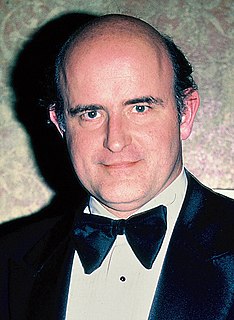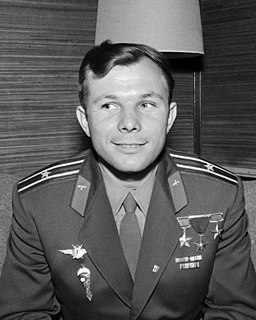A Quote by Winston Churchill
From Stettin in the Baltic to Trieste in the Atlantic, an iron curtain has descended across the Continent. Behind the line lie all the capitals of the ancient states of Central and Eastern Europe... All these famous cities and the populations around them lie in what I must call the Soviet sphere, and all are subject in one form or another, not only to Soviet influence but to a very high and, in many cases, increasing measure of control from Moscow.
Related Quotes
Back in the days of the Soviet Union, the countries of Eastern Europe, being under the control of the USSR, would call their states "people's republics." The sham that is currently going on in the states of the former Soviet Union is due to the fact that the politicians in power are eager to polish up their image abroad.
Once the Eastern Bloc collapsed, what I call 'historical spontaneity' prevailed and the countries that were subject to Soviet control naturally gravitated to the West. That's where they sought their security; I don't think there was a way to avoid that. If we tried to exclude them, we would have today not one Europe, we would have three Europes: one in the West, one in the middle and one in the East, and the middle would be insecure and a tempting target. The insecurity felt [today] by Eastern Europe would be replicated on a much larger and more consequential scale.
The Soviet Union was brought down by a strange global coalition of Western European conservatives, Eastern European nationalists, Russian liberals, Chinese communists, and Afghan Islamic reactionaries, to name only a few. Many of these discordant groups disliked the United States intensely. But Americans were able to mobilize them to direct their ire at the Soviet Union first.
There is no figure who had more of an influence, no person had more of an influence on the intellectuals behind the Iron Curtain than Friedrich Hayek. His books were translated and published by the underground and black market editions, read widely, and undoubtedly influenced the climate of opinion that ultimately brought about the collapse of the Soviet Union.
Although Perm is one of the biggest cities in Russia it felt like a different kind of Russia. In Moscow, you have the Kremlin, St. Basil's, a lot of Soviet iconography everywhere. In Perm, it was a different side of Russia. A little more folksy. If Moscow is an iron statue of an eagle, Perm is a matryoshka nesting doll.
Over the past years, I have lectured many times on the Cuban missile crisis, most provocatively to 200 senior officers of the former Soviet army in Moscow in 1991, among them KGB generals. There, my knowledge of Penkovsky's role was thoroughly confirmed, and so was the Soviet military men's residual sense of humiliation at Khrushchev's 'blink'.
In the wake of the collapse of the Soviet Union, everyone in America assumed that there would be wars to follow - wars over the reunification of Germany, over the nations within the sphere of Soviet influence, and more. There weren't, because George H. W. Bush's policies and diplomacy prevented that.









































